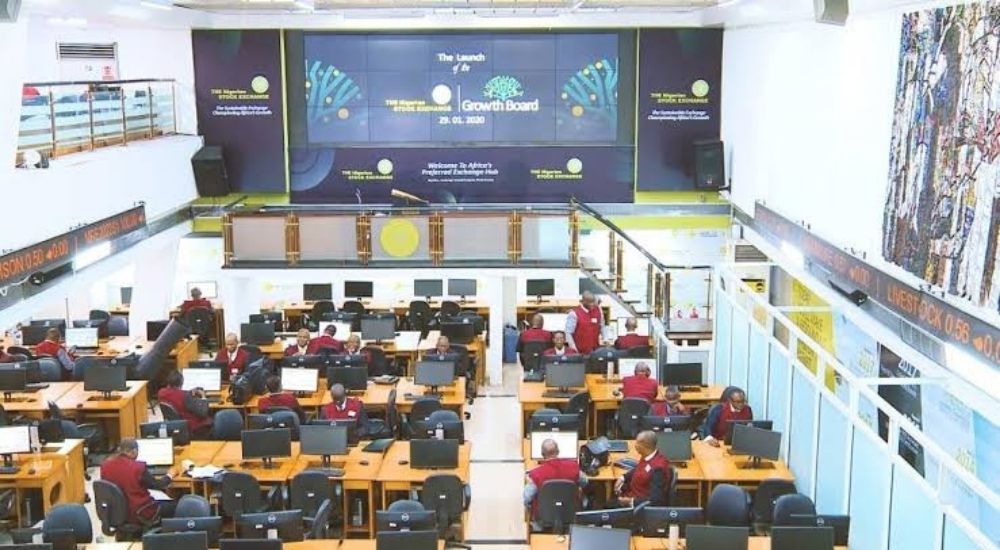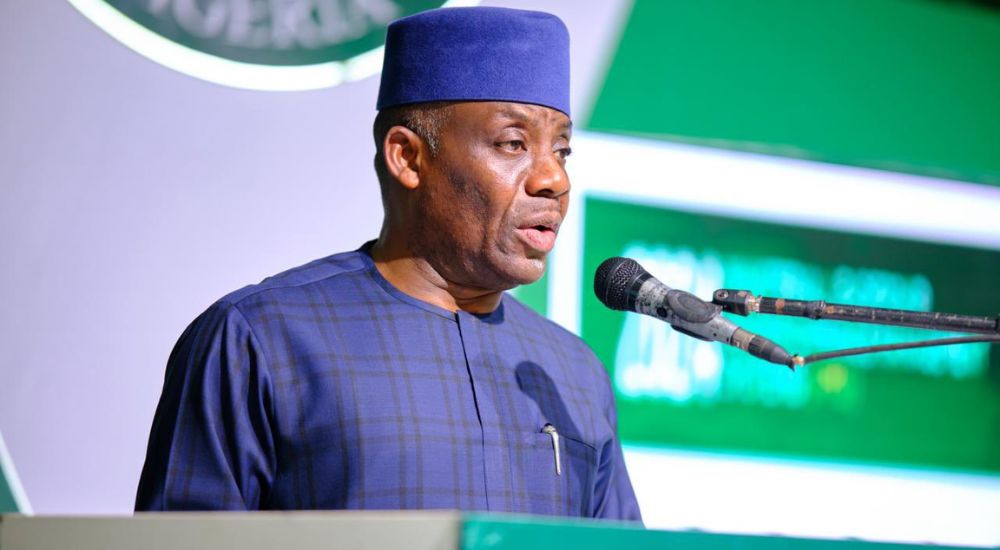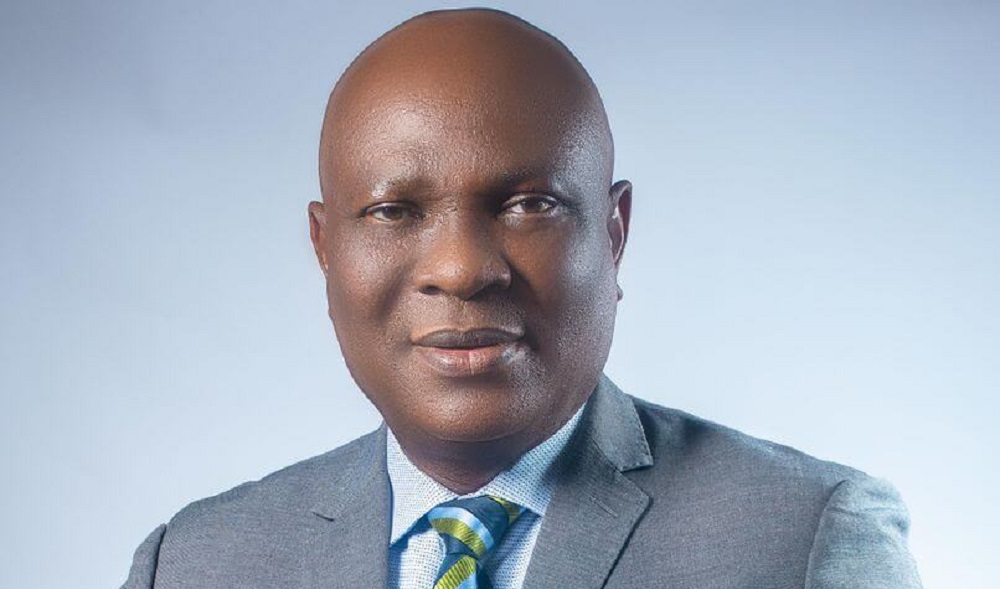How BOA Will Improve Nigerian Farmers’ Productivity – MD Sotinrin

The Managing Director of Nigeria’s Bank of Agriculture, Mr Ayo Sotinrin, has disclosed his strategic agenda to boost Nigeria’s food production and rural development within the shortest possible time.
Sotinrin, a finance and agribusiness expert who was appointed the MD of BOA on April 4 by President Bola Tinubu, outlined his immediate priorities in a telephone interview with THE WHISTLER.
His appointment had stirred excitement in the agriculture sector as an opportunity to turn around the BOA and reposition it to better support President Tinubu’s food security agenda.
Answering a question on what he met on the ground and his strategic agenda for food security, Sotinrin said, “The problem within the sector starts from our input systems. One, we don’t have, I would say, a wide coverage of improved seeds, which means we use what we should regard as grain as seeds, and it gives us between one to two tonnes per hectare.
“So, if we are able to increase our coverage of improved seeds, we should be able to increase productivity in Nigeria very quickly, where whenever you farm one tonne, whenever you farm one hectare, you get six to nine tonnes per hectare. So those are the sort of things that we want to work on.
“Also, we want to increase the irrigation coverage in Nigeria from three to five per cent to about 50 per cent. It means we need to work a lot using solar. Yes. We need to have irrigation pumps for irrigation, have hundreds of thousands of projects and have hundreds of millions of dollars to bring in this solution so that the farmers can farm all year round.”
Speaking further, he said the bank would work towards increasing mechanisation coverage, adding that tractors purchased by the government should be turned over to mechanisation companies to lease to farmers.
In addition, Sotinrin emphasised the importance of agronomy services, stressing that “ We need to also educate the farmers through digital education and through physical, on-the-ground education, where we have many extension workers who are providing agronomy services to our farmers. If we’re able to sort all these out, we should increase our productivity by many percentages.”
On how he hopes to improve the operational efficiency of the BOA, he highlighted some of the challenges and what would be done to address them.
‘If you were talking about challenges within the Bank of Agriculture, yes, we are challenged within the bank. I’ve met a few things that I believe we can change, and those things are, namely, the digitisation of the entire operations of the bank. We’re looking to digitise our operation by, you know, developing new technology infrastructure where we have new systems across our 110 branches,” he stated.
He said once the bank’s branches are digitally connected, it would improve services, especially loan disbursements and other products, including those for women, internally displaced persons and persons with disabilities.
“So, for us, the design of the bank is the number one problem that we need to solve or tackle immediately.
“Number two is to work with data, farmers’ data. We’re trying to create a national farmers’ data registry that would be a repository of farmers’ data in the country where we have a unique identification number for farmers and the coordinates of the farmers.
“Where we know the farmer himself, his phone number, PDN, NIN, and even biometrics and picture. And this will be on a platform where we can now lay on top of it all the services,” he revealed.
He said the data would also help in tracking particular value chains and predicting the growth of each crop, adding that a soil map that would be attached to it will reveal the climatic conditions of each area to support the farmer in what he wants to grow in those areas.
He said further that the reforms would be all-encompassing and lead to “deep financial inclusion where we bring in farmers who are financially excluded to have bank accounts and we can actually give them all the services—mechanisation, insurance and all that. So that’s the sort of plan that we have.
To accomplish the tasks he has enumerated, Sotinrin said the bank has to be recapitalised.
“We have to be very clever in how we raise capital. We want to raise a lot of government capital. Once we get it capitalised, we want to leverage our balance sheets and raise more capital, depending on what programme or projects we’re looking to do.
“This is why we’re bringing in the excluded, the vulnerable groups, which include the internally displaced persons and also persons with disabilities and women. We strongly believe that if we’re able to finance these people, we can do way more in terms of fundraising.
“ Number two, we want to also, you know, attract a lot of climate finance to solve climate issues or climate change issues within the agriculture sector. So, in that way, we’re looking to attract capital.”
President Tinubu had described Sotinrin’s appointment as aligning with his administration’s vision of revitalising Nigeria’s agricultural sector to enhance food security and economic growth.
Tinubu had stated that “Mr Sotinrin’s proven ability to mobilise capital, innovate in agribusiness, and collaborate across sectors will be instrumental in repositioning the Bank of Agriculture as a catalyst for food security, sovereignty, and rural prosperity.”
How BOA Will Improve Nigerian Farmers’ Productivity – MD Sotinrin is first published on The Whistler Newspaper





